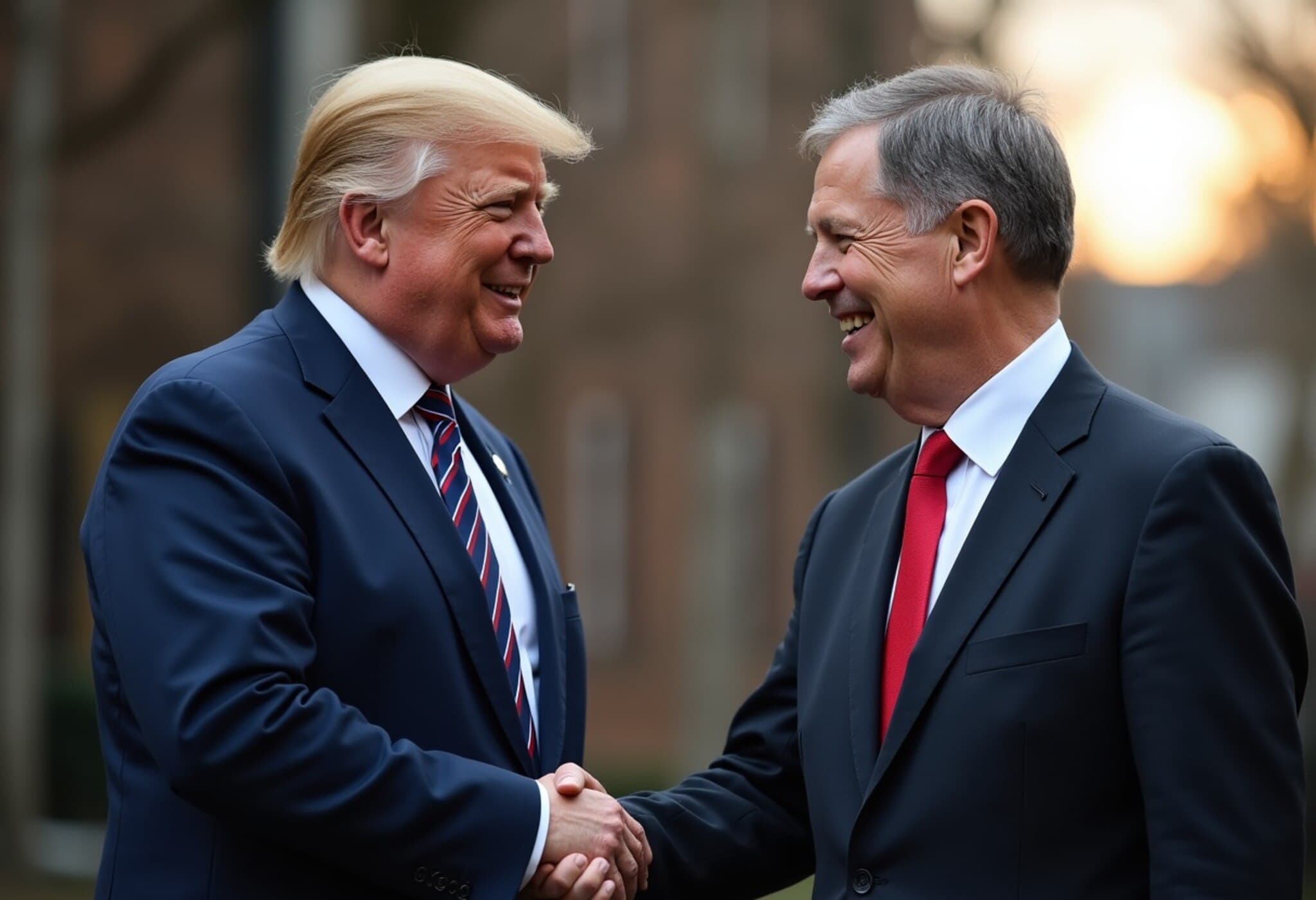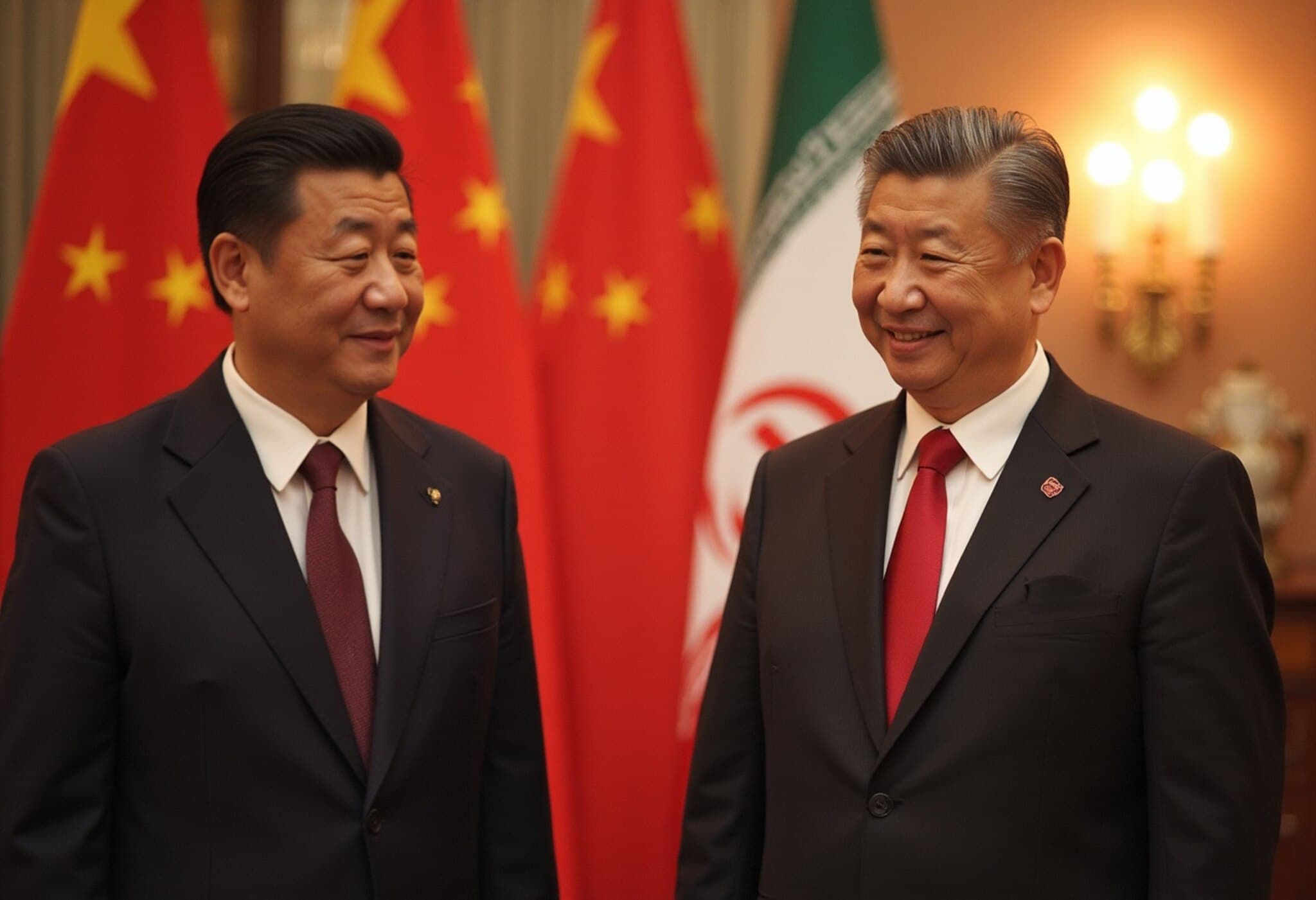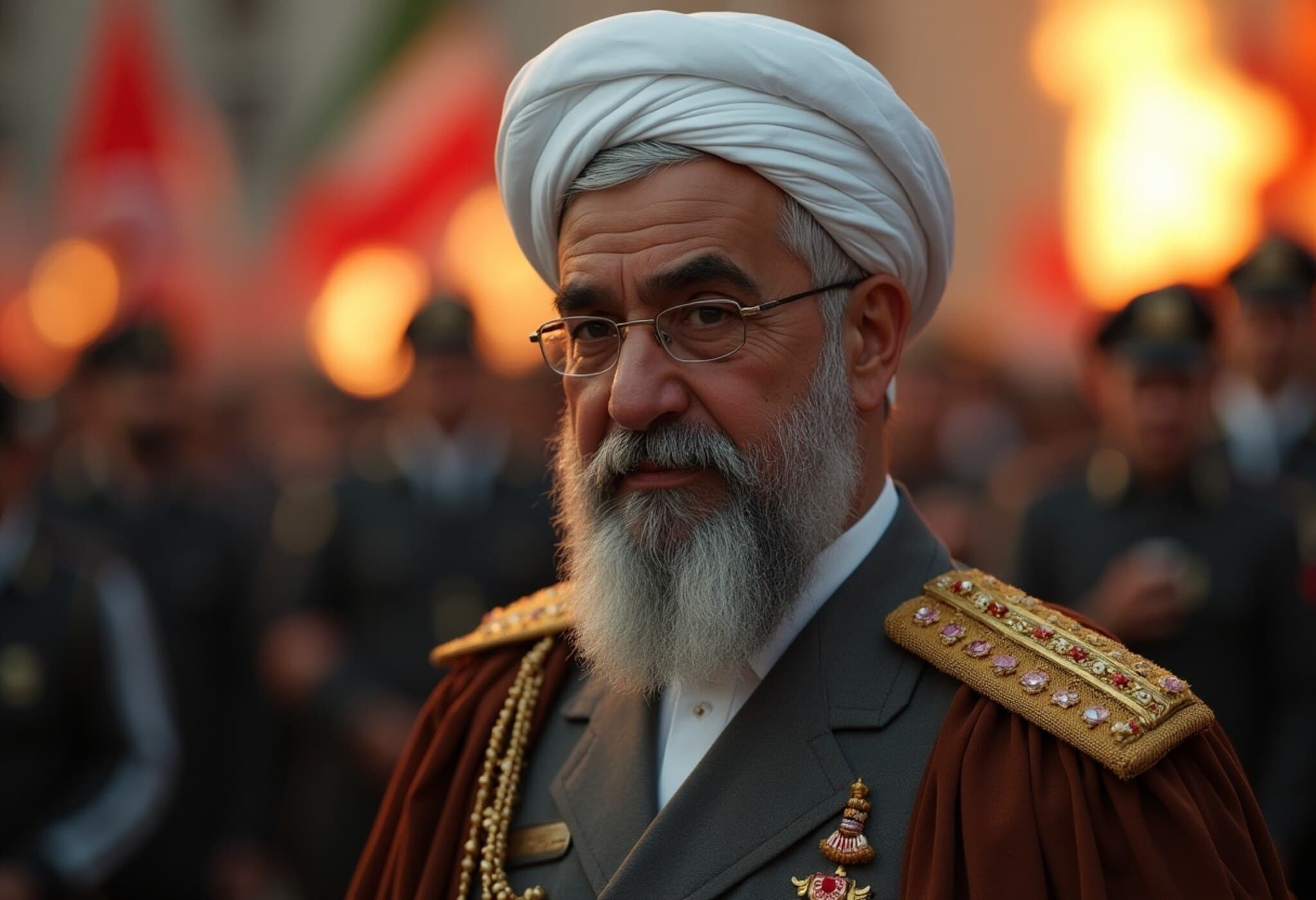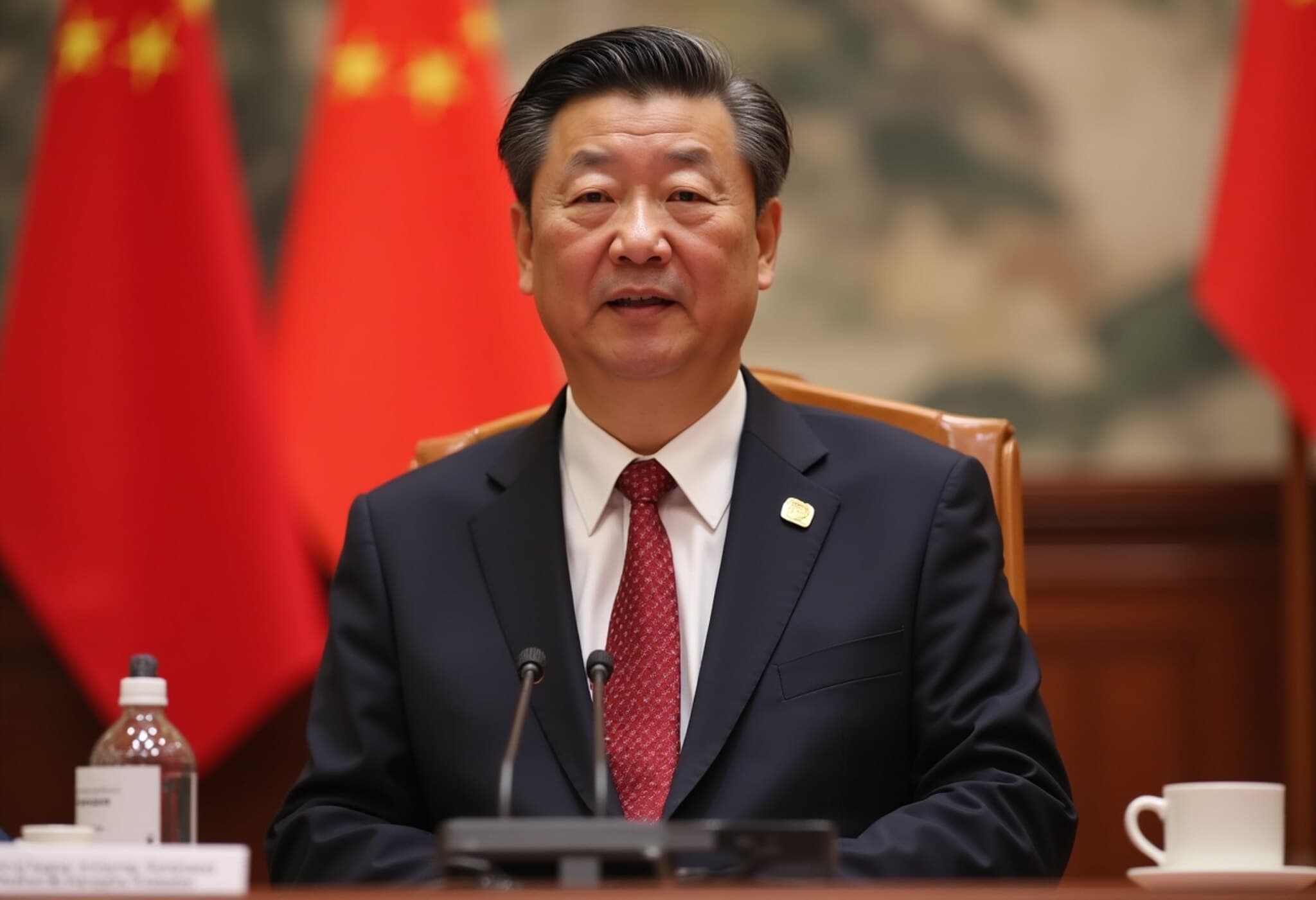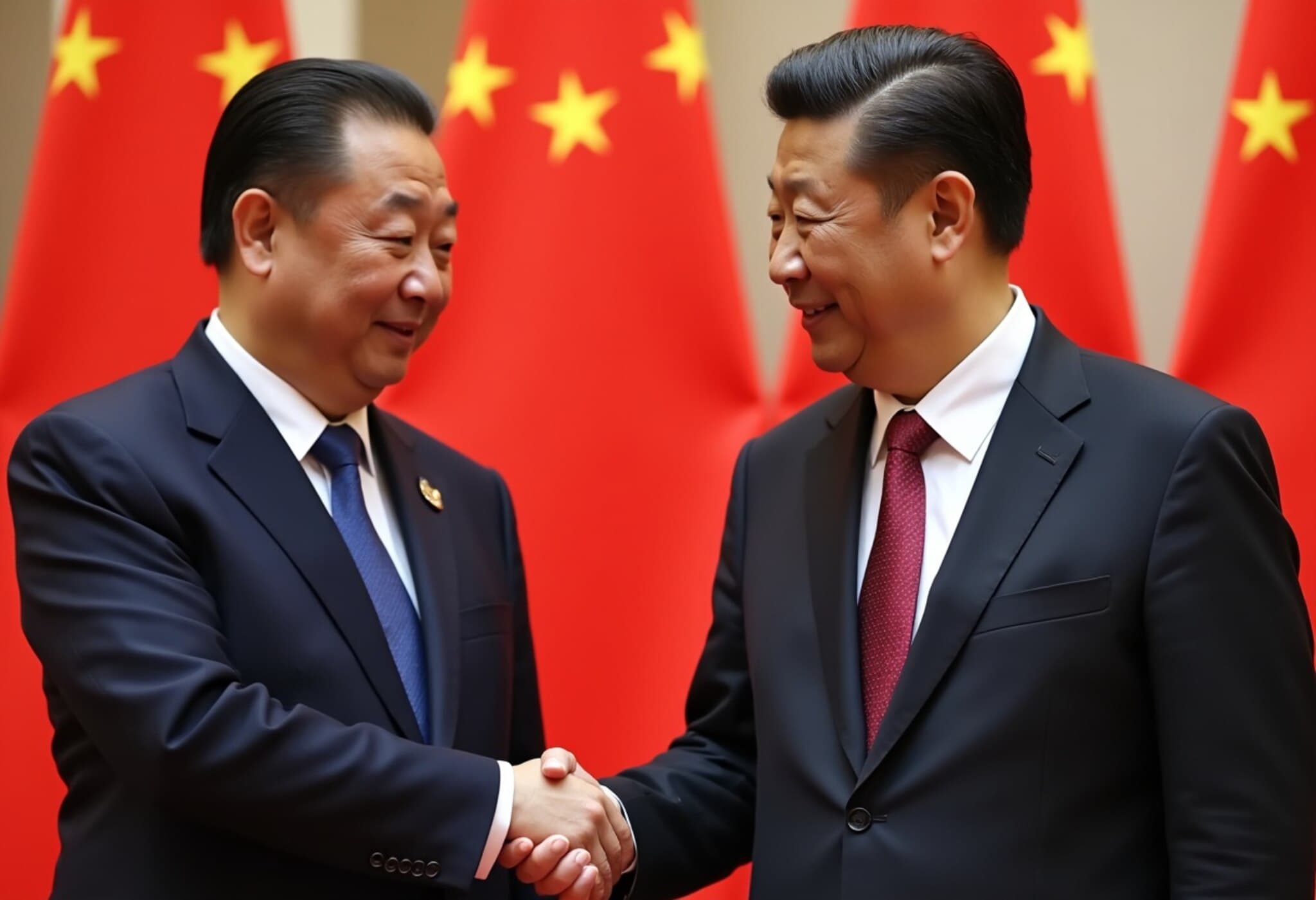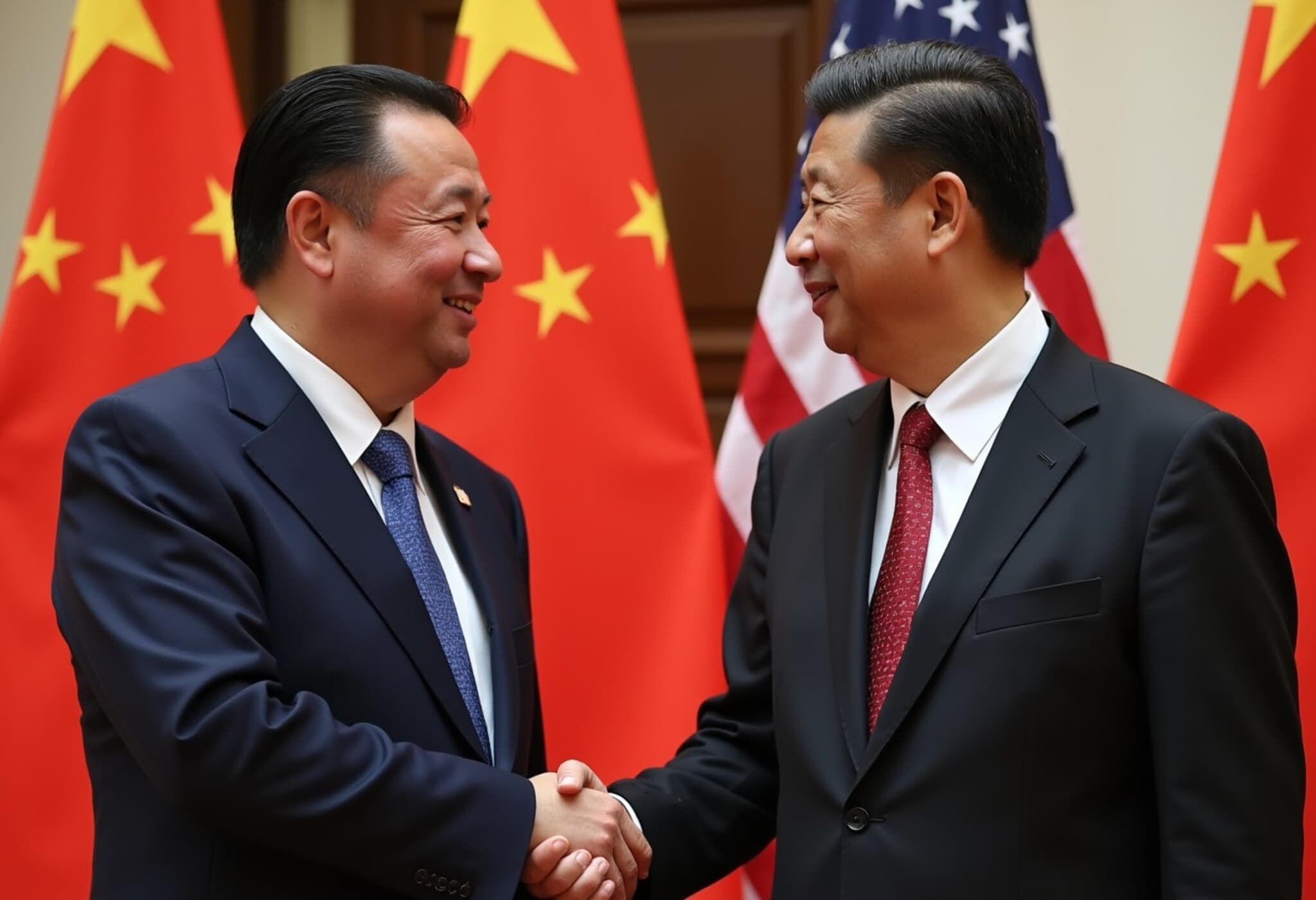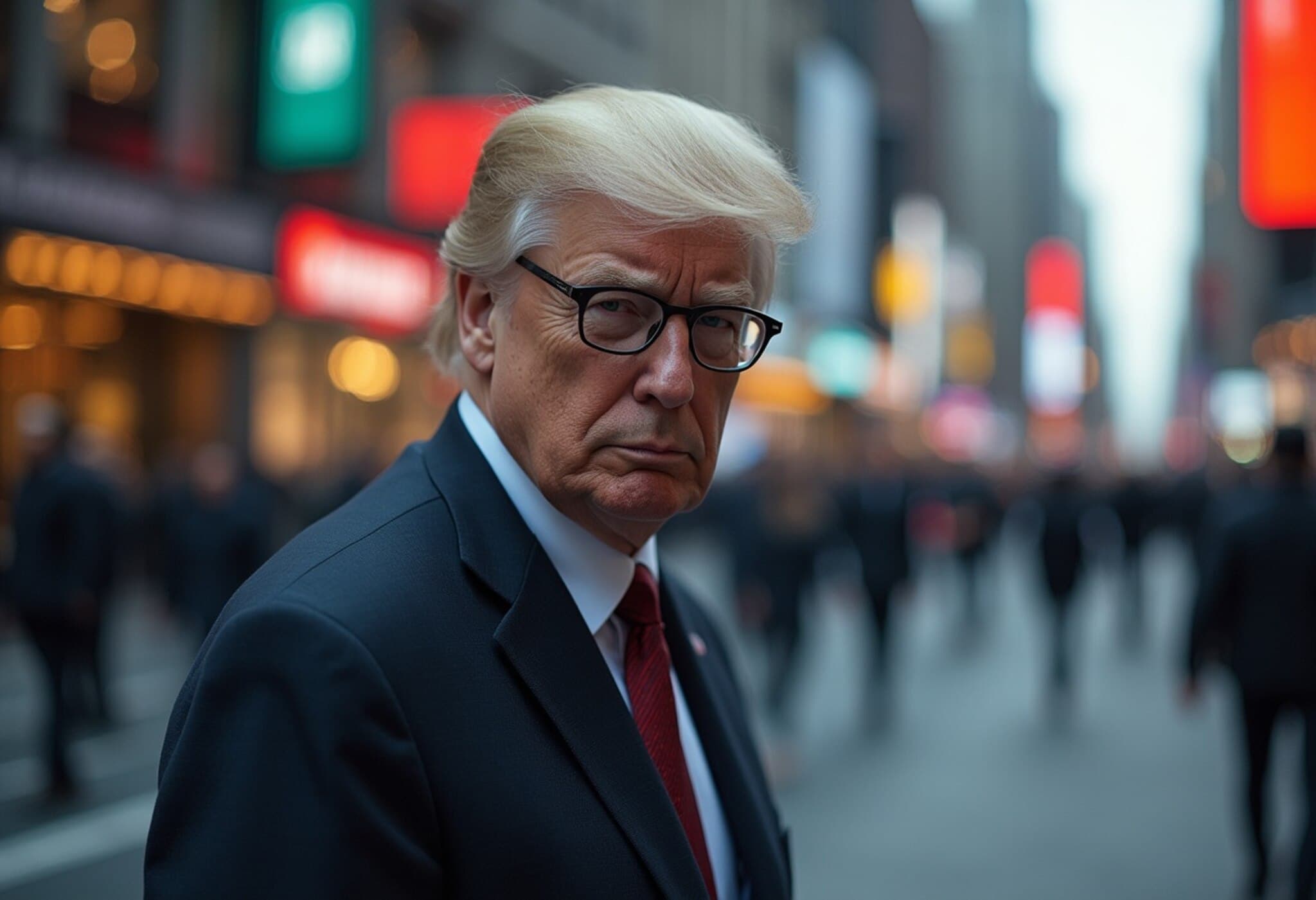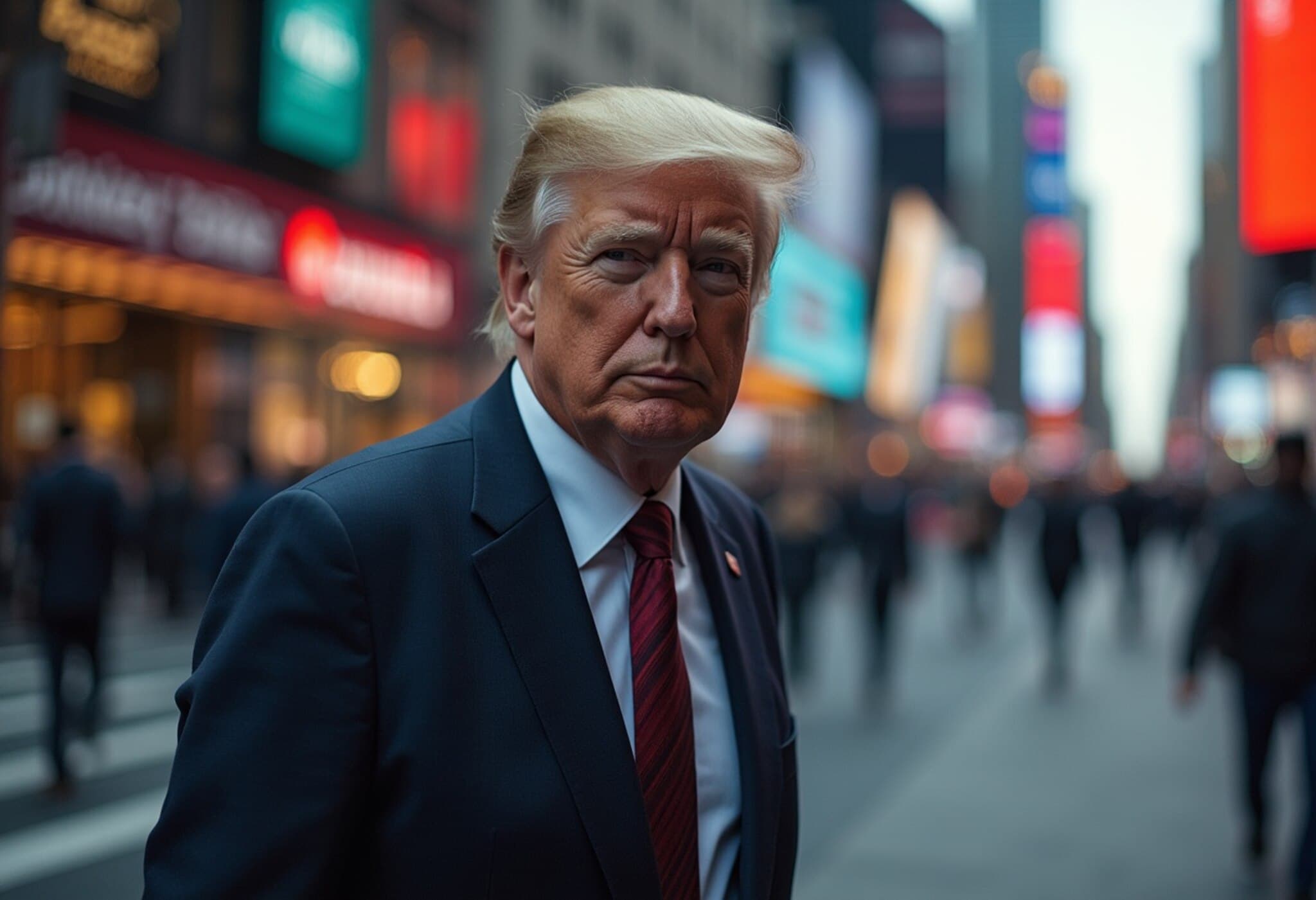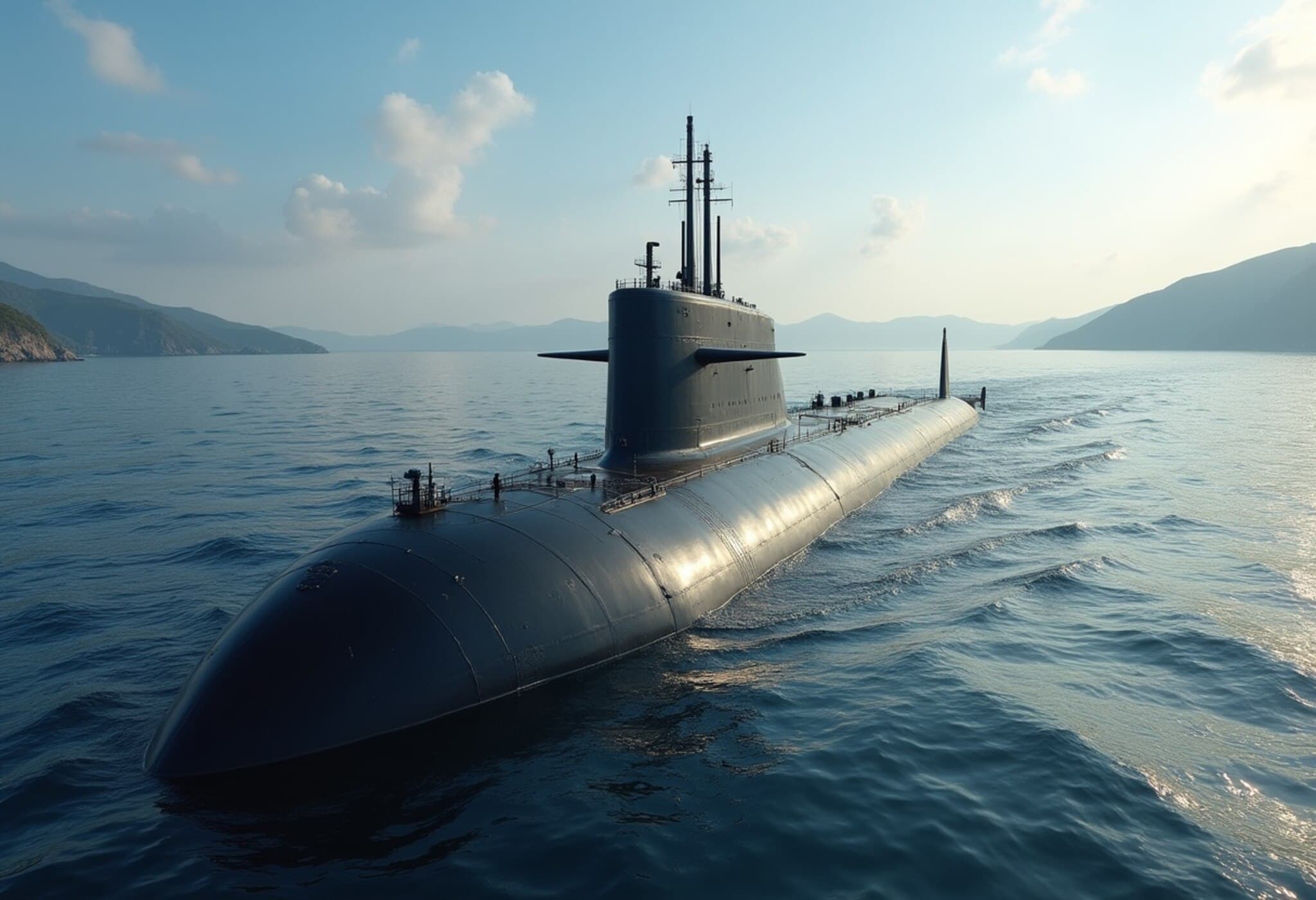China and EU Leaders Convene in Beijing Amid Mounting Trade Frictions
In a critical moment marking half a century of diplomatic relations, Chinese and European Union leaders are set to meet in Beijing this Thursday. The 25th summit between China and the EU unfolds against a backdrop of escalating trade conflicts, technological competition, and geopolitical unease — tensions made more complex by the shadow of U.S. policies.
A Tangled Web of Trade and Diplomacy
The relationship between China and the European Union has been far from smooth recently. Disputes over market access and fair competition have emerged sharply, exemplified by the EU’s restrictions on Chinese participation in medical device tenders. China’s retaliatory measures underscore an ongoing struggle over how domestic markets protect their industries from perceived outside threats.
These trade disputes reflect deeper economic insecurities: European industries worry about Chinese subsidies and overcapacity, while China contends with export controls and scrutiny over its business practices. These frictions threaten a partnership that together accounts for nearly 30% of global trade, with economic exchanges surpassing 845 billion euros ($989 billion) in 2024.
The U.S. Factor: An Unseen Third Player
While Beijing and Brussels navigate their delicate dance, the United States looms large. The Trump administration’s aggressive tariff policies and push for unilateral measures have added layers of complexity to the China-EU relationship.
Emre Peker, director for Europe at Eurasia Group, points out: "Despite mutual interest in countering some of President Trump's unilateral trade measures, irreconcilable differences between the EU and China significantly restrict cooperation." Pressure from Washington to adopt stricter stances towards China on issues like supply chain security and export controls may harden European positions — but could also strain transatlantic ties.
Henrietta Levin, senior fellow at the Freeman Chair in China Studies at CSIS, highlights that China might attempt to influence the EU’s ongoing trade discussions with the U.S., urging resilience against policies that may disadvantage Chinese interests. Such maneuvering illustrates how global alliances are continuously recalibrated in a multipolar world.
Looking Beyond the Summit: What to Expect?
Expectations for a breakthrough deal are modest. Jörn Fleck of the Atlantic Council suggests the summit’s main success will be its very occurrence amid strained relations. Negotiations on tariffs, market access, and industrial subsidies will likely remain protracted, but maintaining dialogue is crucial.
Lukas Fiala, from the London School of Economics’ China Foresight program, underscores the structural complexity of EU-China relations—divergent member state interests and geopolitical concerns mean no quick resolution is imminent. However, he notes potential subtle shifts may surface, especially concerning export controls on electric vehicles and strategic materials like rare earths.
Strategic Implications for U.S., EU, and China
- For the EU: Balancing enforcement of fair trade policies with its need for economic partnership amid global uncertainty.
- For China: Seeking to assert its economic model while managing Western skepticism and U.S. containment strategies.
- For the U.S.: Attempting to align allies while leveraging trade policies to counter China’s global influence.
This summit, while unlikely to reset decades of complex interactions, will serve as a critical barometer of the evolving strategic dynamics in global trade and geopolitics.
Editor’s Note
As the world watches, the China-EU summit in Beijing highlights the tangled interplay of global trade, national interests, and diplomacy. While no major breakthroughs are anticipated, the ongoing negotiations reveal much about how power, economic security, and alliances are being renegotiated in the 21st century. Readers should consider how these developments might ripple into policies affecting supply chains, technology standards, and global economic stability — areas profoundly relevant to American businesses and policymakers. The summit invites us to question: In a world marked by competing interests and shifting alliances, can multilateral cooperation endure? And if so, under what conditions?


